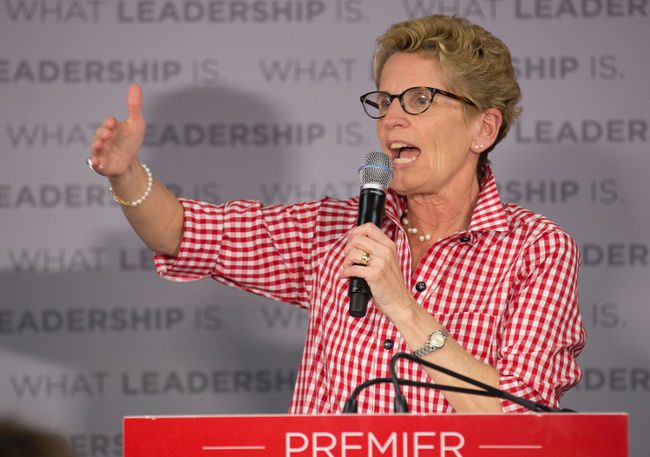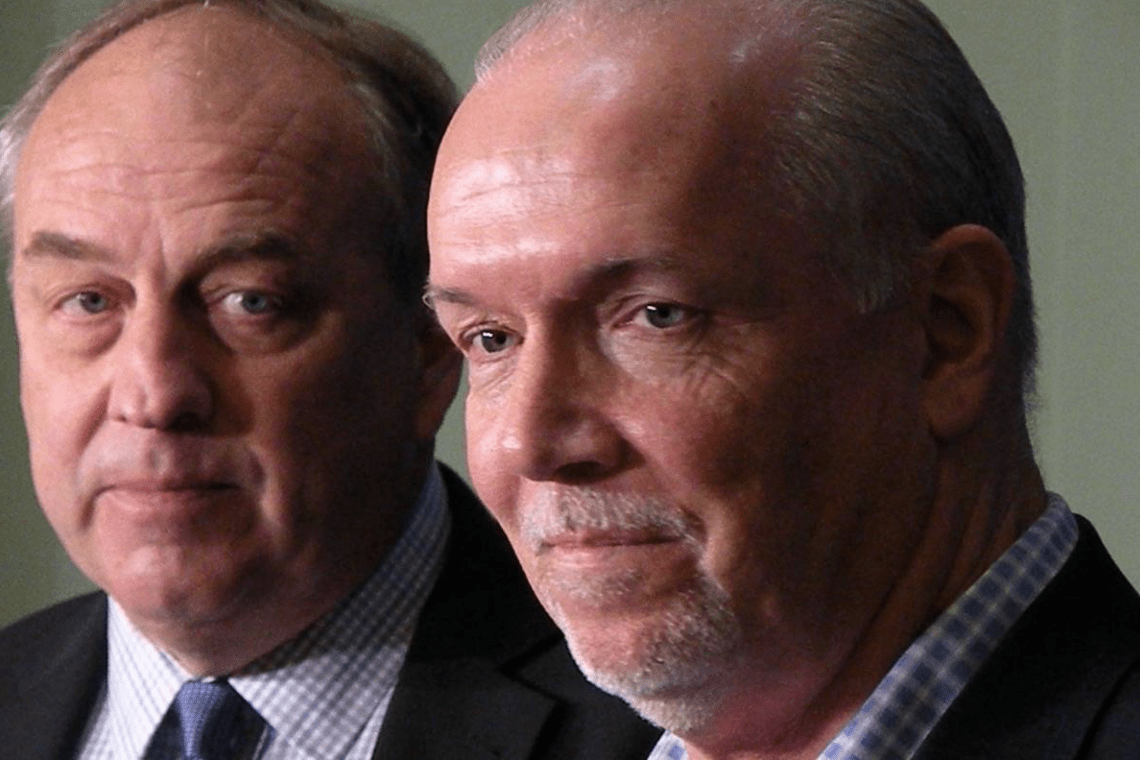As various progressive Canadian governments continue to get it wrong on basically every level, demand for a narrative that will save their bacon come election time is at an all time high.
Unfortunately, the old familiar tropes of "Evil Corporations Are Ruining Everything" and "Evil White Supremacists Are Behind Everything" don't seem to be working as well this time around as Doug Ford rampages towards the Premiership. So, just in time for June, here comes another great progressive brainwave: "Evil Conservative Hackers Are Using Evil Computer-Magic To Undermine Canadian Democracy."
Combining one part warmed-over post-hoc rationalization about how Russian bots and Canadian hackers stole the 2016 US election and the Brexit vote, respectively, with one part 1990's vintage moral panic about the dark powers of the Information Superhighway, the not-very-original thrust of this grand strategy is that conservative anger is in some way illegitimate, and inevitably the product of some powerful interests trying to manipulate the discourse so that they can hold onto their ill-gotten gains. The fact that this latest round of conservative trickery is digital just feeds into the progressive narrative of fakeness.
You can see it in how they try to cast Ontario Proud founder Jeff Ballingall in the mold of some Mr. Robot knockoff, implying that if he just logged off and spent some time learning how to love his fellow man, he'd see the wisdom of carbon taxes.
Except….once again, the Liberals are the ones who find themselves with an authenticity problem. Their narrative of conservatives resorting to cyber-duplicity while the poor analog Liberals are left in the dust repeating their mantras of caring and fairness falls apart when you remember that THEY are the ones who are the status quo in Canada, and that THEY are the ones that pretend to be fighting for the little guy, or, when things aren't going well, they are the ones who are somehow victims.
Kathleen Wynne is the second-most powerful elected politician in the country, and yet, through some amazing sleight of hand that not even the Conservative Web Wizards can match, she is able to credibly play for sympathy every time someone is mean to her.
Now when you call people out on this nonsense, they point to the backlash and subsequent "harm" Nora Loreto suffered when she was just sharing her feelings online, guys, honest! as proof of Conservatives destroying the discourse.
What people forget, however, is that as much as Loreto is a lot more honest about what she thinks than Wynne could ever be, she isn't some kind of innocent being beaten up on by Conservative bullies. She's deeply involved in the union movement and is a visible political figurehead, and yet, through this same kind of online magic, she's become the sort of figure that the august and venerable centrists at the CBC feel compelled to defend.
But we don't need to read this closely between the lines of code to see that this Liberal program still needs some debugging. Recall also that Wynne has used the massive amount of political power that she wields as Premier to attack businesspeople whose behaviour she deemed to be insufficiently fair. Then we have the other groups this government, in its various incarnations, has picked a fight with. Doctors. Pharmacists. Hairdressers. Horse breeders. Any number of striking workers.
I'm willing to bet a lot more lives and livelihoods were harmed as a result of these scrapes than anything Ontario Proud's responsible for. Yet we are told that the real threat to our civil society is a couple of guys on their laptops.
And just in case you think it's an issue of fundraising that the Liberals are far too pure to resort to bilking angry people for money you can check out websites like realdougford.ca and click on the prominent "Donate" button. (What with the fundraising gap being what it is, it's only fair to the Liberals.)
Treating Ontario Proud as anything other than a persistent glitch in the Liberal Matrix, one that will cause Ontarians to free their minds and vote Wynne out in a couple of months, is a pretty good sign that you could use a couple of blue pills.
Written by Josh Lieblein







